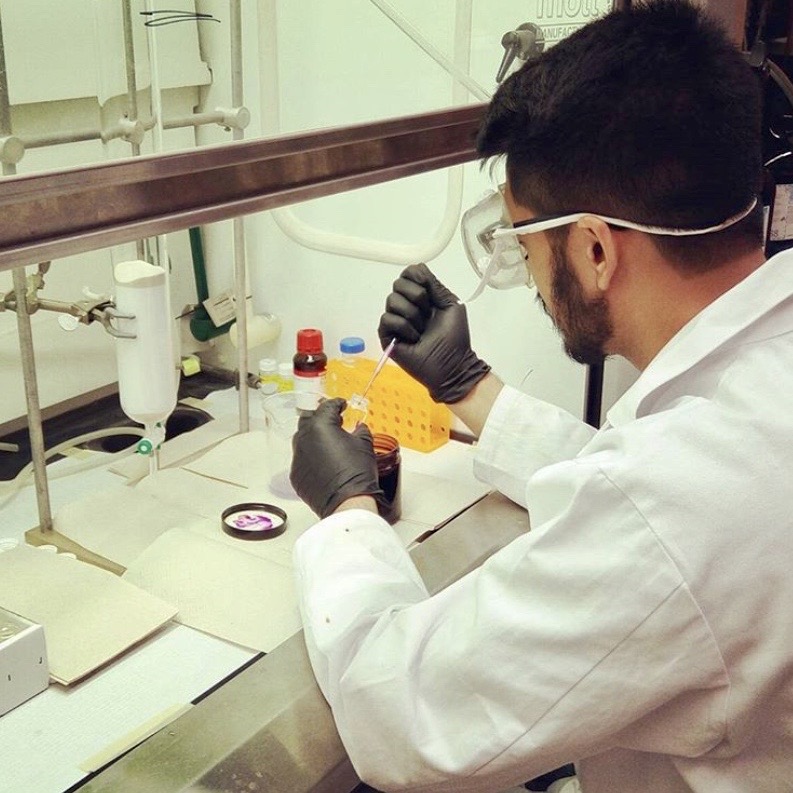I am a second year Ph.D. student at the University of Toronto in the department of Chemistry. I am about half-way through the program. My research combines rational design and high-throughput screening enabled by AI to develop new catalysts for electrocatalytic water splitting. To put it simply, I work on making hydrogen gas, a clean energy source, more affordable and easier to generate from water!


No one day or week is the same when you do a Ph.D. At any given time, I typically have 3-4 active projects and so the focus of the week is driven by the prospective deadlines of the projects. Given a 40 hour week, I dedicate about 60% of it working on the priority project with the other projects getting about 20% of my time. The remaining 20% is dedicated to training/teaching activities alongside administrative responsibilities (ex: emails).
My favourite thing about the Ph.D. has been the chance to tackle global challenges that are close to my heart. I have been blessed to work on cancer treatment programs during my Masters and now clean energy materials during the Ph.D. The ability to make a small contribution to these important issues facing humanity is truly exciting.

I think the most challenging part of the program has to be learning to embrace the constant failures. Breaking the boundaries of knowledge and generating new findings goes hand in hand with failure. I think when you do a Ph.D., you spend more time finding out what doesn’t work vs. the very few things that do. The trick is to realize that regardless of failure or success, you have generated new knowledge, which can aid in the development of future solutions. Persistence is key!


As the leading research institute in Canada, the university of Toronto offers the chance to collaborate with many bright individuals in various areas of research. In addition, the university provides access to essentially any instrument I could need for my research, which is a huge bonus in terms of research efficiency and convenience.
I love being in nature and fortunately, living in Canada, there is plenty of it around me. Other than that, I love actively contributing to the community and have held many senior representative positions lobbying for graduate interests in university governance.
Check out his personal website and follow him on Twitter, LinkedIn and Google Scholar using the links below:
Website | Twitter | LinkedIn | Google Scholar

